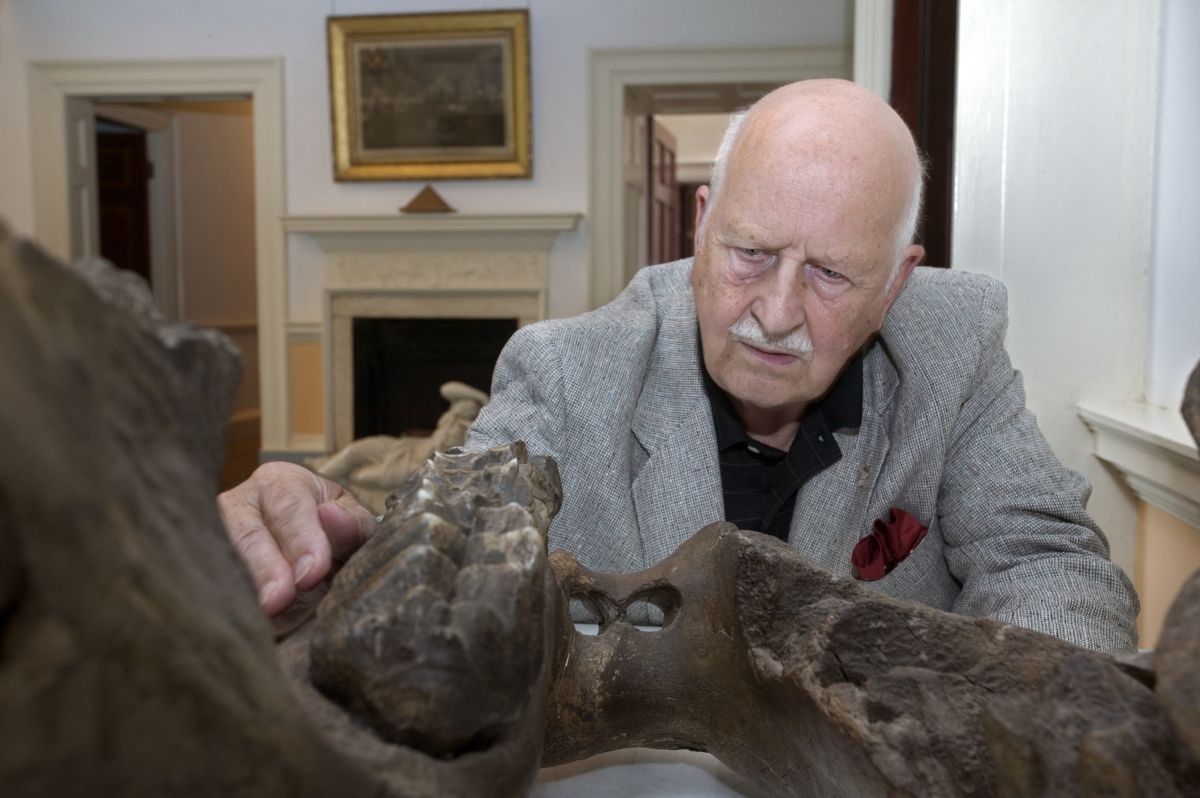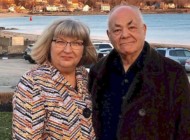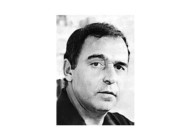
WILLIAMSBURG, VA. – Ivor Noël Hume, a British-born archaeologist and author, heralded by his peers as the “father” of historical archaeology, died at his home on February 4. He was 89.
Noël Hume spent 30 years as Colonial Williamsburg’s chief archaeologist, establishing the premier historical archaeological research program in America. When he began his career, the field did not exist as an academic discipline. It fell to his books, lectures and television presentations to help bring it to the forefront of his profession, where it stands today.
Born in London in 1927, Noël Hume joined the staff of Guildhall Museum in 1949. Coming to the United States in the 1950s, he became chief archaeologist and director of the expanded Colonial Williamsburg archaeology program in 1957, and subsequently became the director of the department of archaeological research in 1964, served as resident archaeologist from 1973 to 1986 and retired in 1988. He was also a research associate for the Smithsonian Institution.
His achievements include the discovery of the Seventeenth Century settlement known as Wolstenholme Towne at Carter’s Grove Plantation just east of Williamsburg. Abandoned in the aftermath of a 1622 Indian attack, Wolstenholme Towne was unearthed in the 1970s, and was the subject of two major articles in National Geographic Magazine (June 1979 and January 1982). His book Martin’s Hundred is an account of that discovery. Major excavations in Colonial Williamsburg included excavation of the 1773 Public Hospital, the first hospital dedicated to the treatment of the mentally ill. Conducted in 1972, this was the largest site work since the excavation of the Governor’s Palace in 1930. Other important projects include excavation of the James Geddy House and shop, Wetherburn’s Tavern and outbuildings, and the Cabinetmakers shop.
Noël Hume wrote more than 20 books related to archaeology, including Archaeology in Britain, Here Lies Virginia, All the Best Rubbish, The Virginia Adventure: Roanoke to James Towne, A Guide to Artifacts of Colonial America, Historical Archaeology, Treasure in the Thames, In Search of This & That: Tales from an Archaeologist’s Quest, and Something from the Cellar: More of this This & That.
His autobiography, A Passion for the Past, was released in 2010, followed by Belzoni, the Giant Archaeologists Love to Hate, a biography of the Italian English archaeologist of the early Nineteenth Century in 2011.
Robert Hunter, editor of Ceramics in America, remembered the archaeologist: “Noël’s passing is not only a great loss for generations of historical archaeologists, his research, collecting and publishing on ceramic topics will be sorely missed by those in the decorative arts community.
“His interest in ceramic history spanned many centuries – best exemplified by his encyclopedic If These Pots Could Talk: Collecting 2,000 Years of British Household Pottery published by the Chipstone Foundation in 2001. Noël was continually pursuing new ceramic discoveries and was a regular contributor to 17 years of Ceramics in America volumes. The field will miss his extraordinary enthusiasm and rigorous scholarship for old pots and their stories he brought to life. Most of all I will miss his unwavering friendship and forthright counsel on all things ceramics.”
According to The Virginia Gazette, Noël Hume’s first wife Audrey was also an archeologist and curator, and she worked alongside him at Colonial Williamsburg. Audrey died in 1993.
Among his long list of recognitions was being named an Officer of the British Empire by Queen Elizabeth II in 1992.
Noël Hume is survived by his second wife Carol (Grazier) Noël Hume and her four children.




